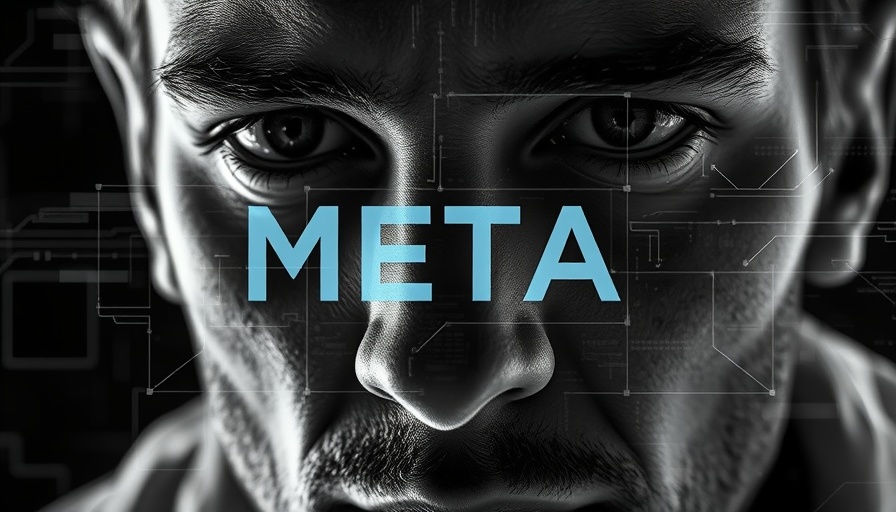
Google’s Gemini Takes Center Stage in Email Communication
Google's AI assistant, Gemini, has made a significant leap into enhancing user email experience by automatically summarizing long emails—unless opted out. This recent change reflects an ongoing trend of AI integration in everyday tasks, emphasizing convenience and efficiency for users.
Understanding the New Feature
Gemini's automatic summarization feature will list the key points from lengthy email communications, continuously updating as replies are received. This enhancement allows users to grasp essential information quickly without scrolling through extensive threads. However, the feature is currently limited to English emails.
Navigating AI Challenges: Reliability Concerns
While the integration of AI can streamline communication, the effectiveness of summarization remains a point of contention. Past endeavors by tech companies, including Apple, showcased that AI's capacity for context and nuance is still imperfect. AI summaries for notifications and other contexts have faced issues of accuracy, leading to hesitance among consumers and oversight from tech companies.
User Control and Privacy Considerations
Google ensures that users have control over this new feature. While it may default to enabled in certain regions, users can easily disable it from the Gmail settings. This move caters to concerns regarding privacy and the personalization of smart features. In jurisdictions like the EU and UK, Google has taken steps to limit AI capabilities in respect of stricter privacy laws.
Implications for the Future of AI in Personal Workflows
The move towards integrating AI in platforms like Gmail signifies a broader shift in digital communication. As AI continues expanding its role in summarizing information, it's essential for companies to address the quality of outputs while giving users the semblance of control to foster trust.
This balance will define the future of personal workflows, where automated assistance serves as an augmentative tool rather than a replacement for human discretion.
Will you embrace the AI summarization feature in your emails, or will you opt for the traditional approach? As AI tools evolve, understanding their implications on our communication is paramount.
 Add Row
Add Row  Add
Add 




Write A Comment